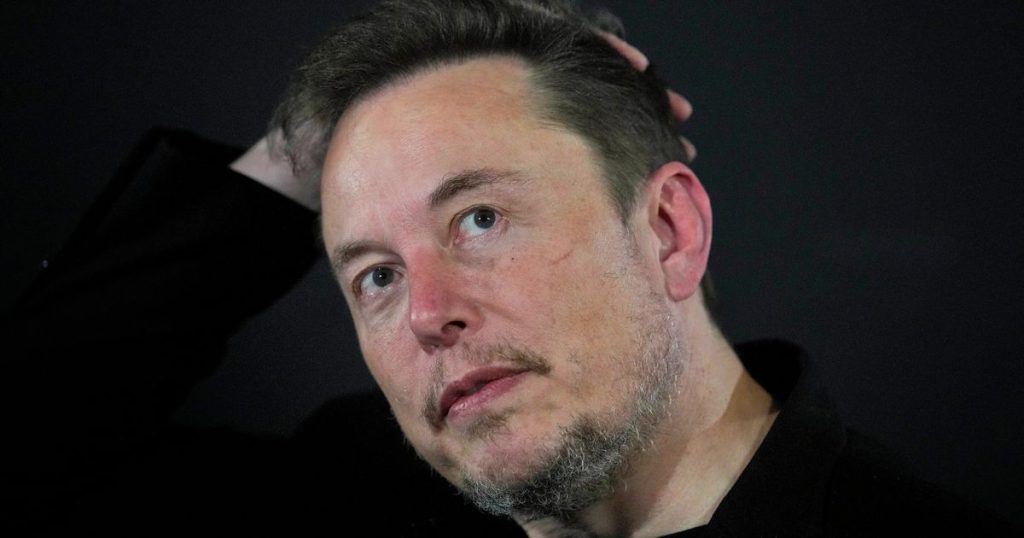Brazilian Supreme Court Justice Alexandre de Moraes has targeted Elon Musk in an ongoing investigation over the dissemination of fake news and opened a separate investigation into the executive for alleged obstruction. Moraes cited Musk’s public disinformation campaign regarding the court’s actions and allegations of obstruction, criminal organization, and incitement. The investigation is part of a larger probe into digital militias spreading defamatory fake news and threats against Supreme Court justices. Musk has not commented on the latest development as of late Sunday.
Critics of Moraes, largely from Brazil’s political right, accuse him of overstepping his bounds and clamping down on free speech and political persecution. However, his defenders argue that his decisions are legally sound and necessary to combat fake news and threats to Brazilian democracy. This is particularly important in the wake of the Jan. 8, 2023, uprising in Brazil’s capital, resembling the Jan. 6, 2021 insurrection in the U.S. Capitol. Lawmakers and supporters of former President Jair Bolsonaro have been targeted in the investigation, with Bolsonaro himself becoming a target in 2021.
Musk, known as a self-declared free speech absolutist, announced on X that the platform would lift all restrictions on blocked accounts, potentially leading to revenue loss and the closure of its local office in Brazil. He urged users to download a VPN to retain access if X were shut down and criticized de Moraes’ demands as draconian violations of Brazilian law. However, X had not acted on Musk’s instructions by late Sunday, and prominent blocked accounts remained inaccessible. Moraes warned that reactivating blocked accounts would result in fines and legal consequences for disobeying court orders.
Brazil’s Attorney General Jorge Messias emphasized the need for regulation of social media platforms, stating that allowing billionaires domiciled abroad to control social networks and disobey court orders threatens social peace and the rule of law. Brazil’s constitution, drafted after the military dictatorship from 1964-1985, includes aspirational goals and prohibitions against specific crimes such as racism and homophobia. However, freedom of speech is not considered absolute in Brazilian law.
The investigation into Musk and X is part of a broader effort to address the spread of fake news in Brazil and threats to the country’s democratic institutions. The legal battle between the Brazilian Supreme Court and tech giants like Musk’s X highlights the challenges facing social media platforms in regulating content and complying with court orders in different jurisdictions. Musk’s defiance of the court’s demands and his support for unrestricted free speech have sparked debate about the balance between freedom of expression and legal accountability in the digital age. The outcome of this investigation could have significant implications for the regulation of social media platforms in Brazil and beyond.


